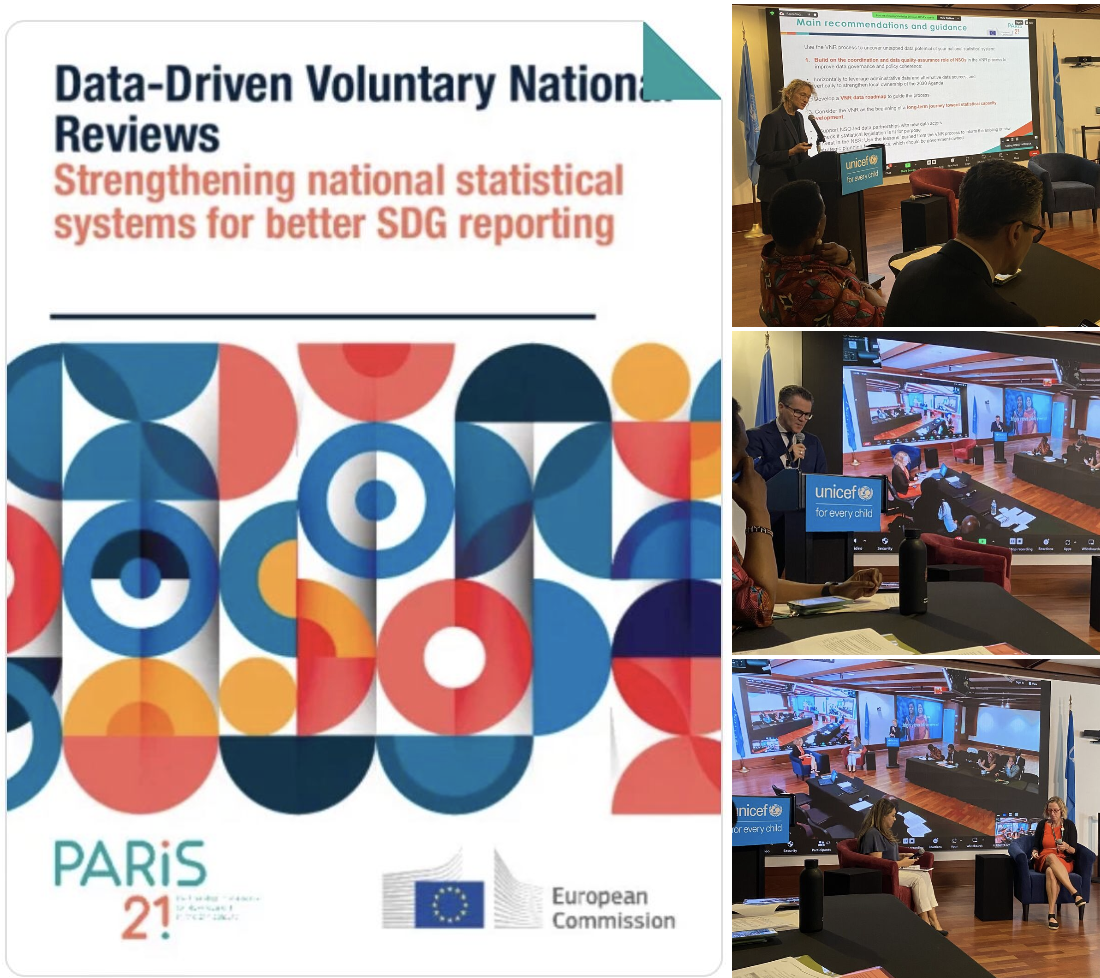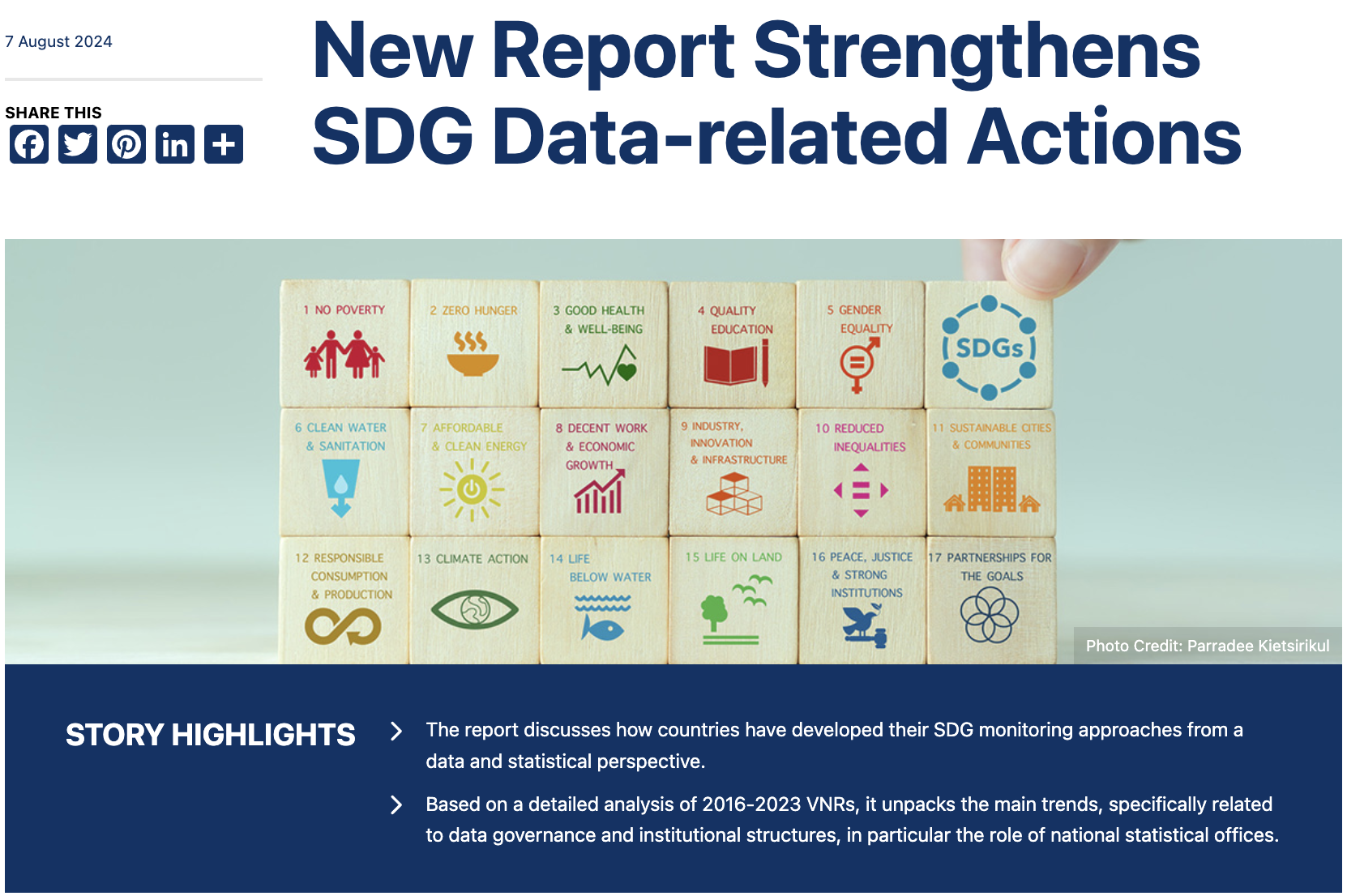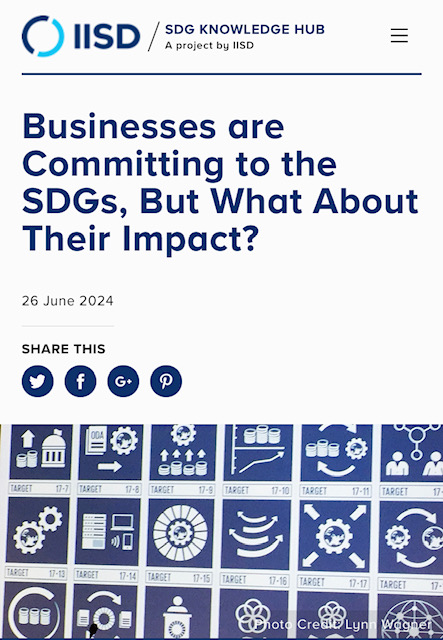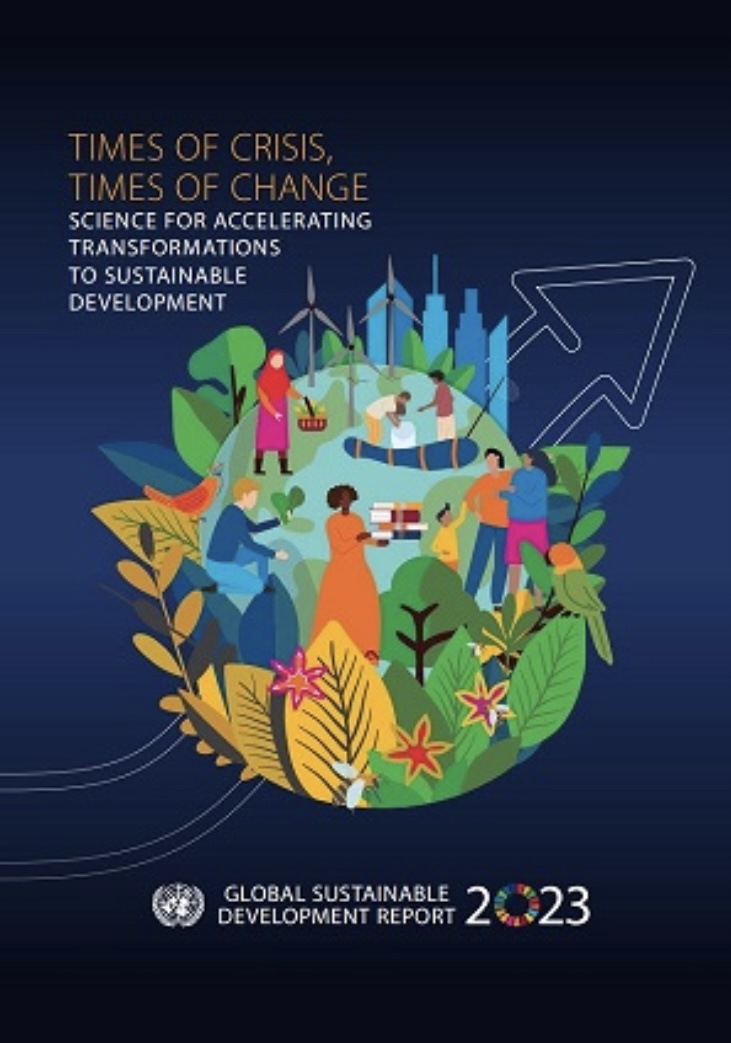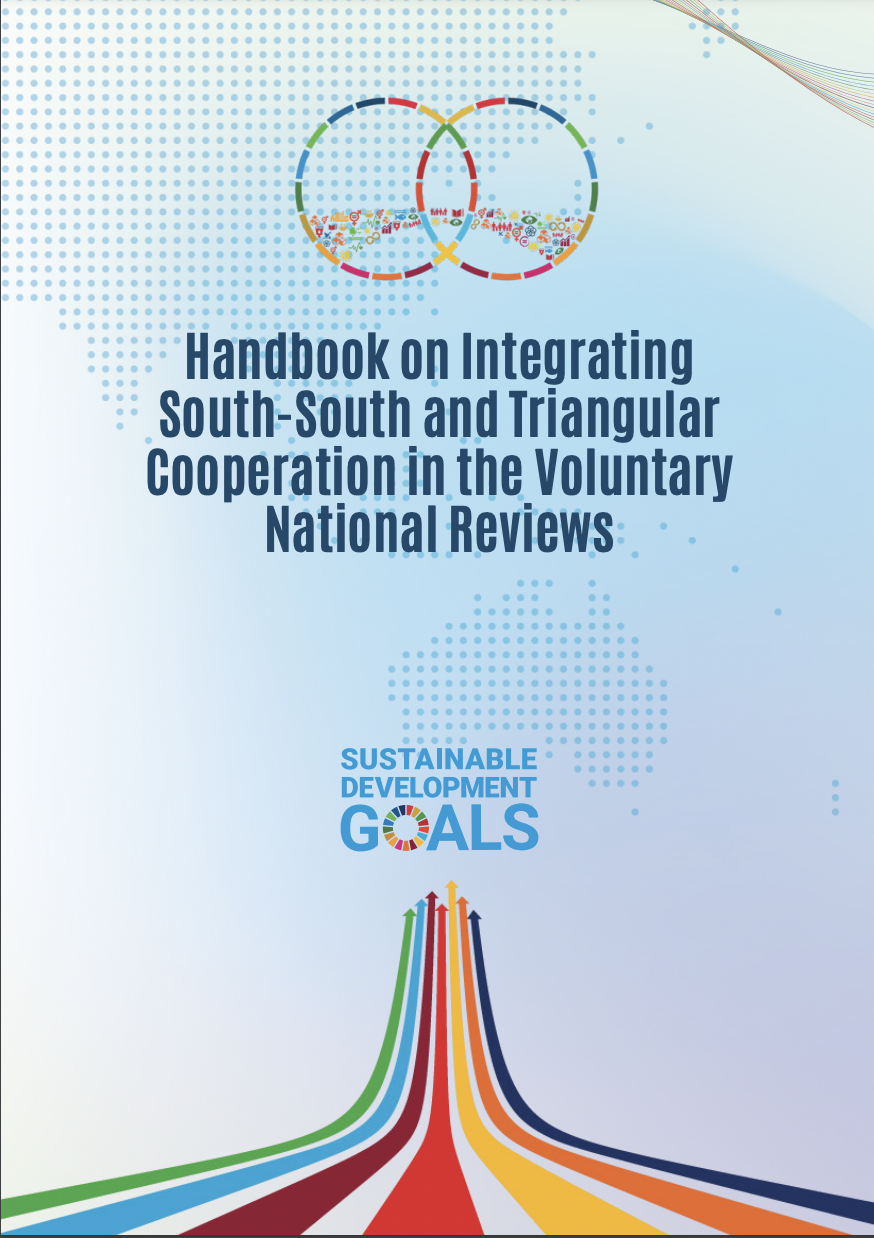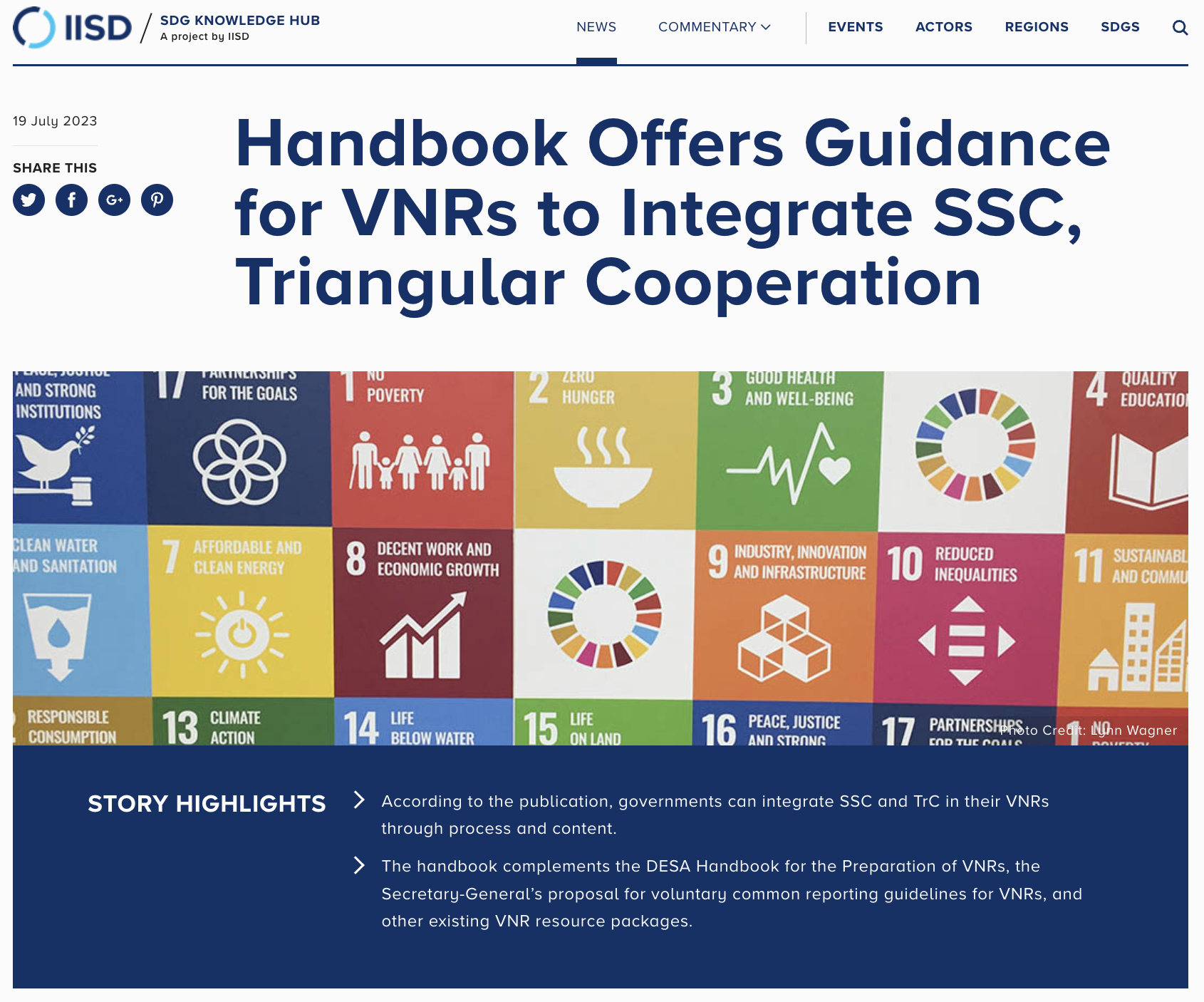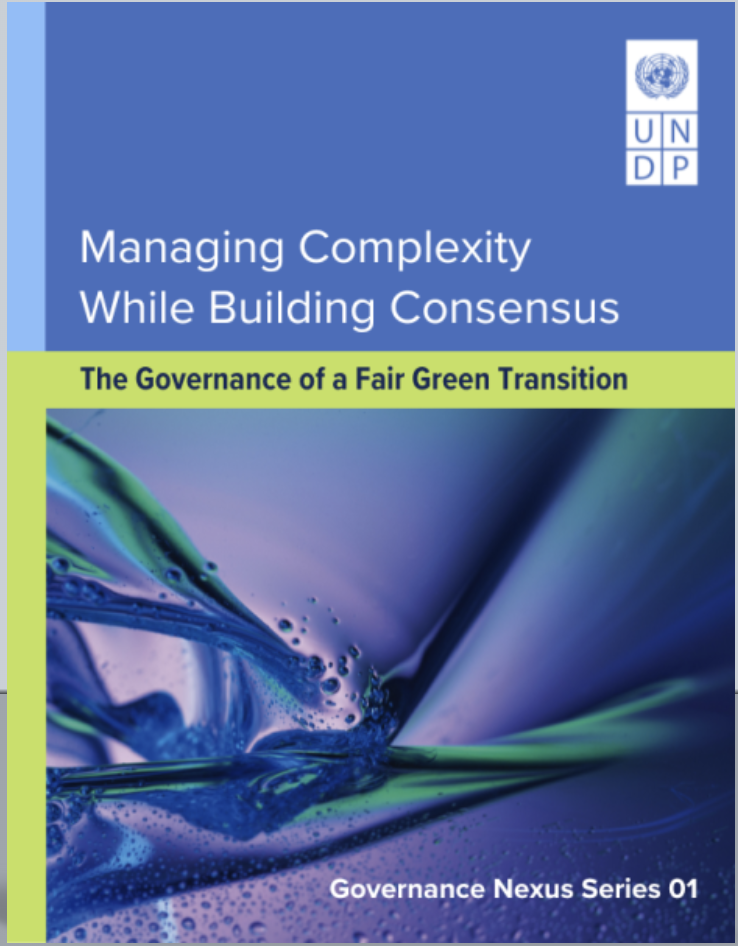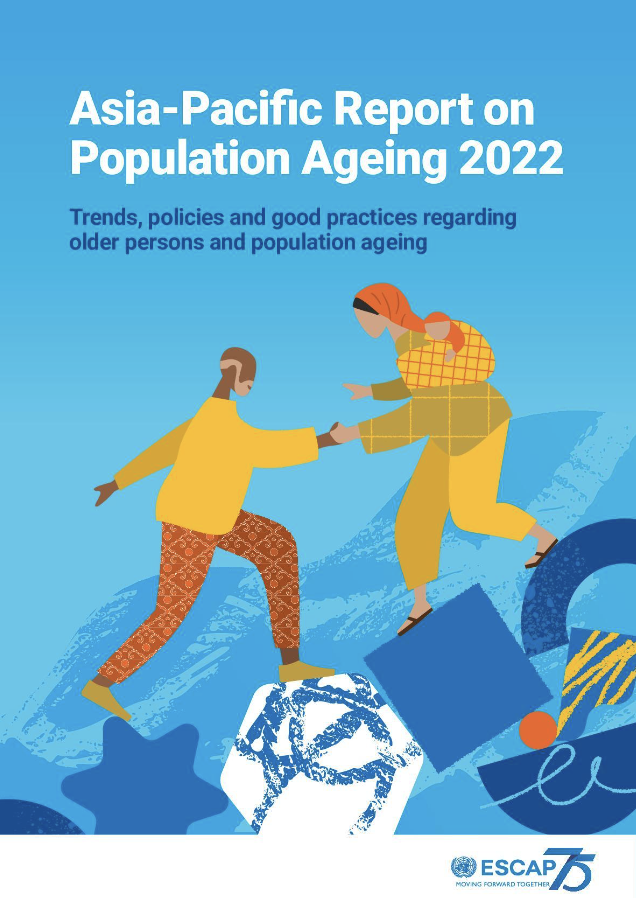NEWS
In the SDG space, data unfortunately remain one of the biggest challenges countries grapple with. This new report looks at ways to strengthen evidence-based reporting on the SDGs. The report was developed by O-Land Consulting on behalf of, and in collaboration with OECD’s PARIS 21 programme and the European Commission.
The report was launched at the UN High-level Political Forum for Sustainable Development in New York on 16 July 2024 by OECD (PARIS21), the European Commission, the Republic of Kenya, UN DESA and UNICEF. Its findings and recommendations were featured by the International Institute for Sustainable Development on 8 August 2024. See the article here.
Published by the International for Institute for Sustainable Development (IISD) on 26 June 2024
Sustainability is a growing priority for businesses, but corporate impact is not sufficiently reflected in our collective efforts. As ESG is gaining traction, and regulatory measures such as the EU’s ESRS are emerging, the sustainability reporting landscape is evolving fast. Given the urgent need for action, this is an opportunity to make a success of the SDGs. For this reason, O-Land Consulting suggests some key actions to avoid a fragmented approach to sustainable development:
✔️Critically looking at ESG: Although ESG may create a sense of value-based investments for shareholders, the absence of standardized ESG rankings make its impact difficult to assess. If ESG is considered a baseline, discussions on alignment with the SDGs should be furthered to avoid parallel reporting efforts.
✔️Mandatory reporting on the SDGs: To solidify sustainability progress in a post-2030 era, country reporting should be mandatory and based on harmonized standards for measuring the impacts of all key stakeholders, including businesses
✔️Standardized corporate reporting standards on the SDGs, including a scorecard: To counter the fragmented reporting landscape, corporate sustainability reporting needs to be standardized. A simple SDG scorecard can help businesses universally in contributing to the SDGs.
✔️Strengthening corporate accountability: Given the growing corporate value in supporting the SDGs, businesses themselves can future-proof their business model and advocate for standardized corporate reporting. This can help avoid overburdening businesses with various reporting responsibilities and also support the legitimacy of sustainable business practices that many consumers seek.
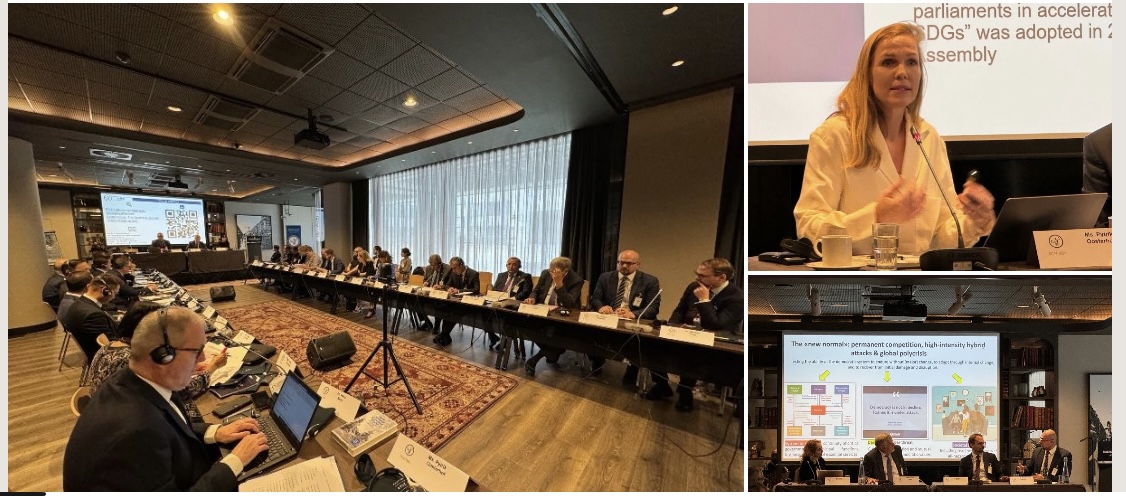
Speaking on the link between SDG 16 and Security Sector Governance in Brussels
Roundtable on Safeguarding Democratic Values, Brussels, 14 May 2024
With the war in Ukraine, the start of the Israel-Gaza conflict and other hostilities, a record number of armed conflicts have emerged since WWII. According to the UN, the world is ‘at a key inflection point’, calling for serious efforts to achieve and sustain peace. Sustainable development can support breaking through cycles of instability and address fragility by upholding democratic values, investing in strong institutions, respecting the rule of law, human rights and ensuring good governance. On 14 May 2024, O-Land Consulting had the honour to speak about the link between sustainable development – SDG16 – and Security Sector Governance and Reform (SSG/SSR) for parliamentarians and staff from Ukraine, Tajikistan, Moldova, Kyrgyzstan, Georgia, Azerbaijan and Armenia at the ‘Roundtable on Safeguarding Democratic Values – The Role of Security Sector Governance and Parliamentary Oversight’ organized by NATO, DCAF and the Marshall Center in Brussels.
Developing an SDG Awareness Raising Strategy for Aruba
and Curacao

When it comes to sustainability, Small Island Developing States (SIDS) often face many challenges due to their remoteness, narrow resource base and the impacts of climate change. With this in mind, O-Land Consulting developed a sustainable development strategy to strengthen the awareness on the SDGs in Aruba and Curaçao on behalf of the UN. In collaboration with the SDG Commissions and stakeholders on both islands, this has now become a wide-reaching strategy that centers around data and cross-sectoral action.
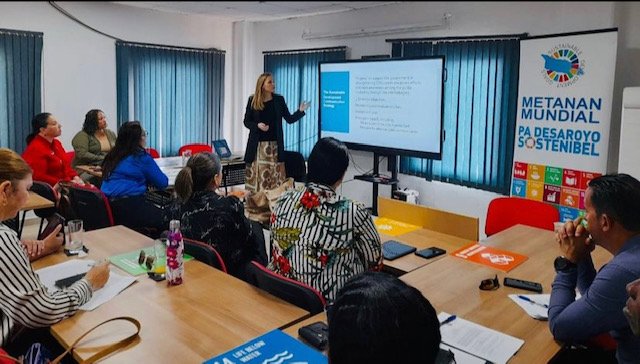
During the launch, workshops and meetings in Aruba during 26-29 March 2024, the vast interest and encouraging discussions were great indicators of the potential success of sustainability on the islands.
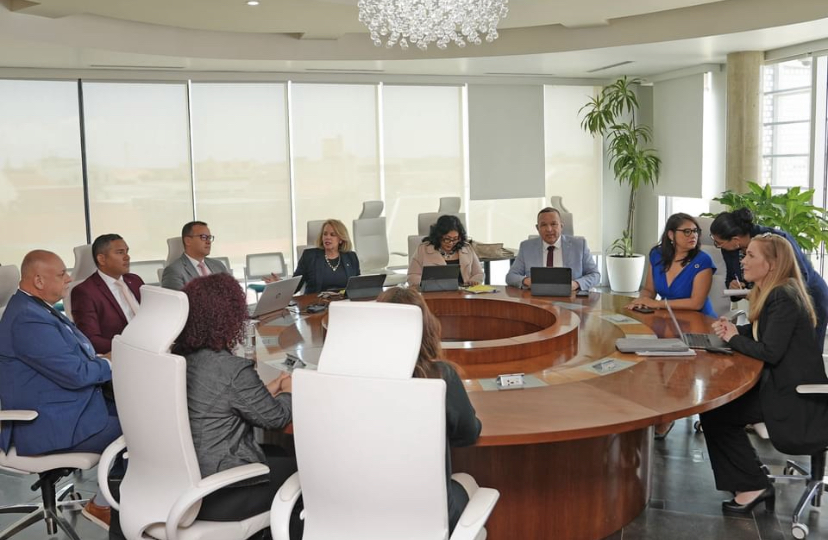
The strategy was presented to the Prime Minister of Ariba, Ms Evelyn Wever-Croes and the Council of Ministers
The Global Sustainable Development Report 2023
Supporting the operationalization of the GSDR recommendations in Africa, Latin America and the Caribbean for GIZ/UN DESA
Following the publication of the UN Global Sustainable Development Report 2023, O-Land Consulting supported the operationalization of the recommendations made in the report in Africa and Latin America and the Caribbean (LAC region). On behalf of the German Development Agency (GIZ) and the UN Department for Economic and Social Affairs (UN DESA), we carved out key priorities for the African continent and developed a methodology for the LAC Region, including through a regional workshop taking place in Brasilia in November 2023.
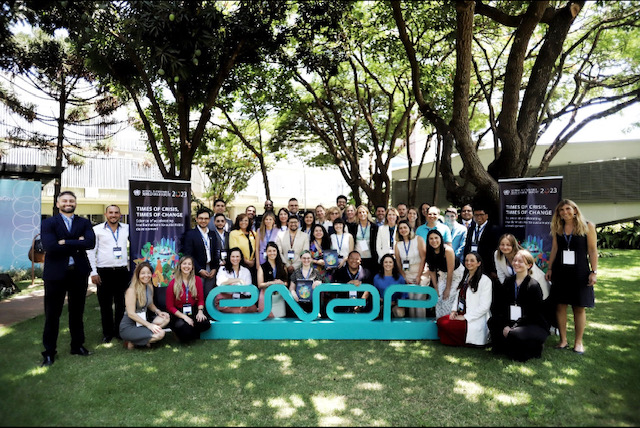
Developing the Handbook on Integrating South-South and Triangular Cooperation in the Voluntary National Reviews for UNOSSC
United Nations Office for South-South Cooperation, 19 July 2024
According to the 2023 SDG progress report, the world is far from meeting many of the goals by 2030. To find lasting solutions, international cooperation is a must. O-Land Consulting developed a handbook for the United Nations Office for South-South Cooperation (UNOSSC) that supports international cooperation in the SDG follow-up and review process through South-South and triangular Cooperation (SSTC). The integration of SSTC perspectives in the Voluntary National Reviews (VNRs) helps track SDG progress progress in a more comprehensive and inclusive way. These efforts can help implement the much needed economic and social reforms to put the SDGs on track. The handbook was written in response to the 2022 High-level Political Forum on Sustainable Development (HLPF) Ministerial Declaration. It was developed in collaboration with the Group of Friends of the VNRs, UN DESA, the Regional Commissions and a number of other bodies, including UNDP, FAO, ILO, UNIDO, IAEA and UN Member States.
International Institute for Sustainable Development, 19 July 2023
Following the launch of the ‘Handbook on Integrating South-South and Triangular Cooperation into the Voluntary National Reviews (VNRs)’, it was featured on International Institute for Sustainable Development’s SDG hub. The handbook was developed by O-Land Consulting on behalf of the United Nations’ Office for South-South Cooperation (UNOSSC) in cooperation with the UN’s Regional Commissions, the Group of Friends of the VNRs and various government representatives.
Future governance dialogues: 18-21 January 2023, Oslo / Report launch webinar: 8 June 2023
For the transition to a green economy, it is now clear that the social implications, whether positive or negative, will be drastic. As a result, the ability of governments to understand and manage the multidimensional dynamics of a just and green transition is critical. O-Land Consulting wrote a paper on ‘Managing Complexity While Building Consensus – The Governance of a Fair Green Transition’ for UNDP’s Future Governance dialogues that were organized by the UNDP’s Oslo Governance Center during 18-21 January 2023. The report was launched during a webinar on 8 June 2023.
United Nations Economic and Social Commission for Asia and the Pacific, Bangkok, 5 August 2022
Current global crises such as war, climate change, the pandemic and inflation captivate our attention, however, developments related to our rapidly ageing populations shouldn’t be forgotten. These developments are happening right now and impact everyone sooner or later. O-Land Consulting has the pleasure to co-author the 2022 Asia-Pacific Report on Population Ageing and giving insight into the trends and challenges societies and people face, and what sustainable solutions are required in the face of rapid demographic change.
Archive
Why Localizing SDGs Is Critical in a Post-COVID World https://t.co/e86TjZPAlk via @developmentasia
— Pytrik Dieuwke Oosterhof (@PytrikO) November 11, 2020
See my take on why the 2030 Agenda should be at the centre of our post-pandemic recovery efforts. https://t.co/tFiUltBkfB #SDGs #2030Agenda #COVID19
— Pytrik Dieuwke Oosterhof (@PytrikO) October 2, 2020
Only a holistic effort to #buildbackbetter based on cross-sectoral collaboration across society can grow the adaptive capacity we need to deal with the immediate and long-term effects of #COVID19
— IISD SDGs (@IISD_SDGs) October 2, 2020
AKA: a recovery based on the #SDGs@PytrikO #GlobalGoalshttps://t.co/RZrbfWGvnf

